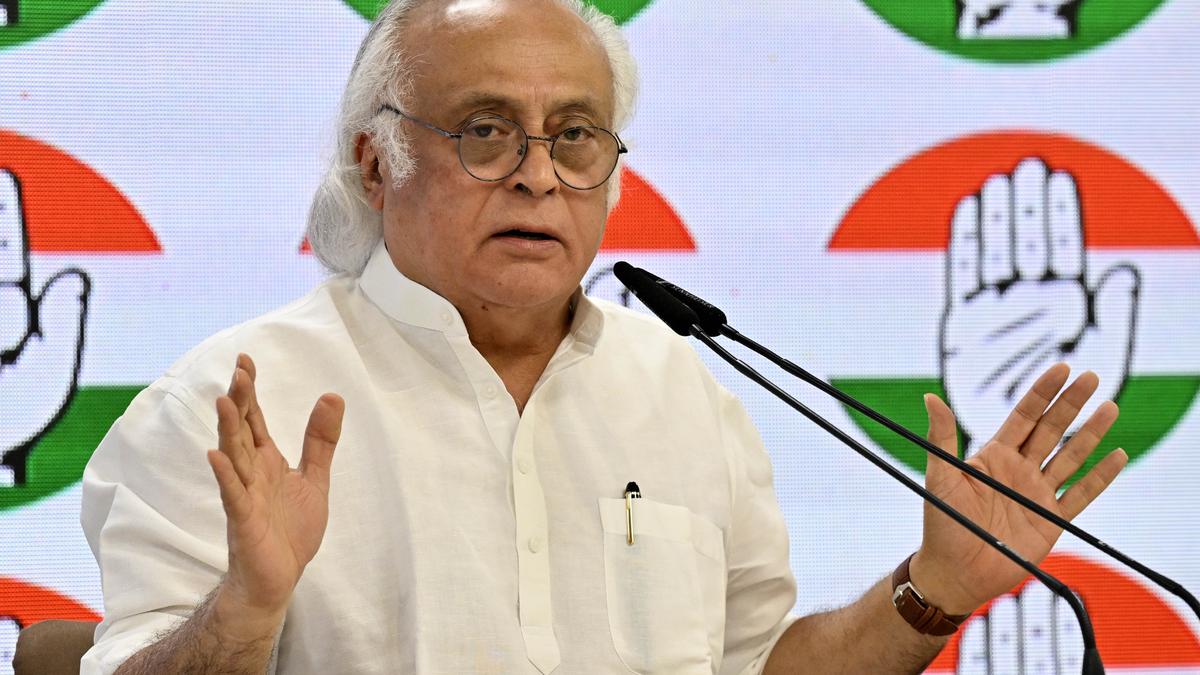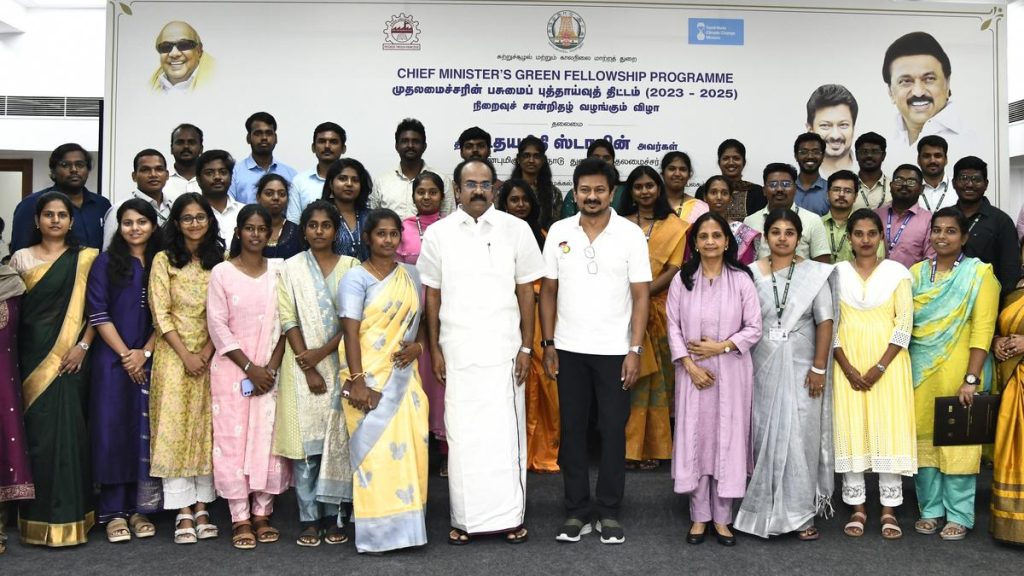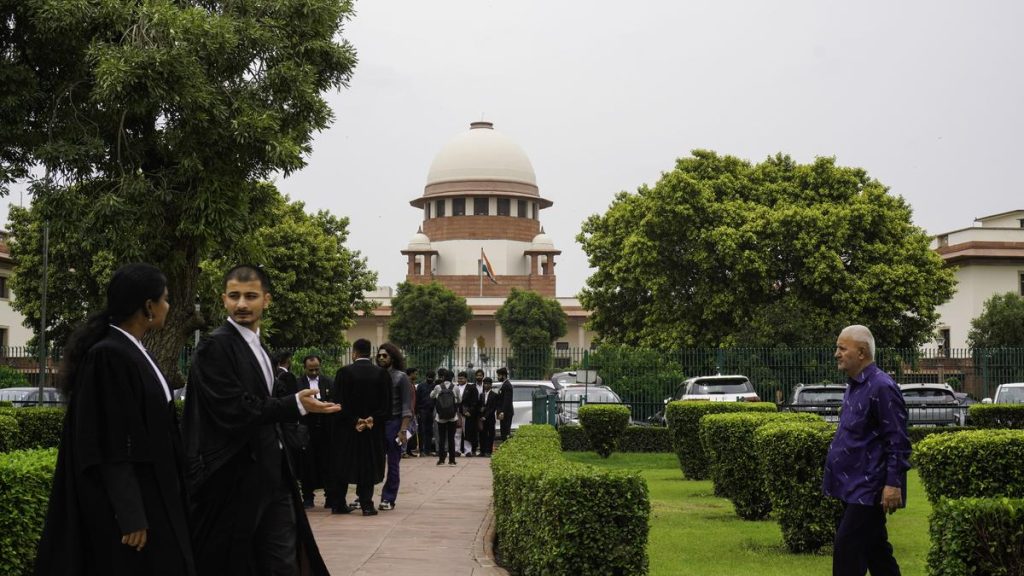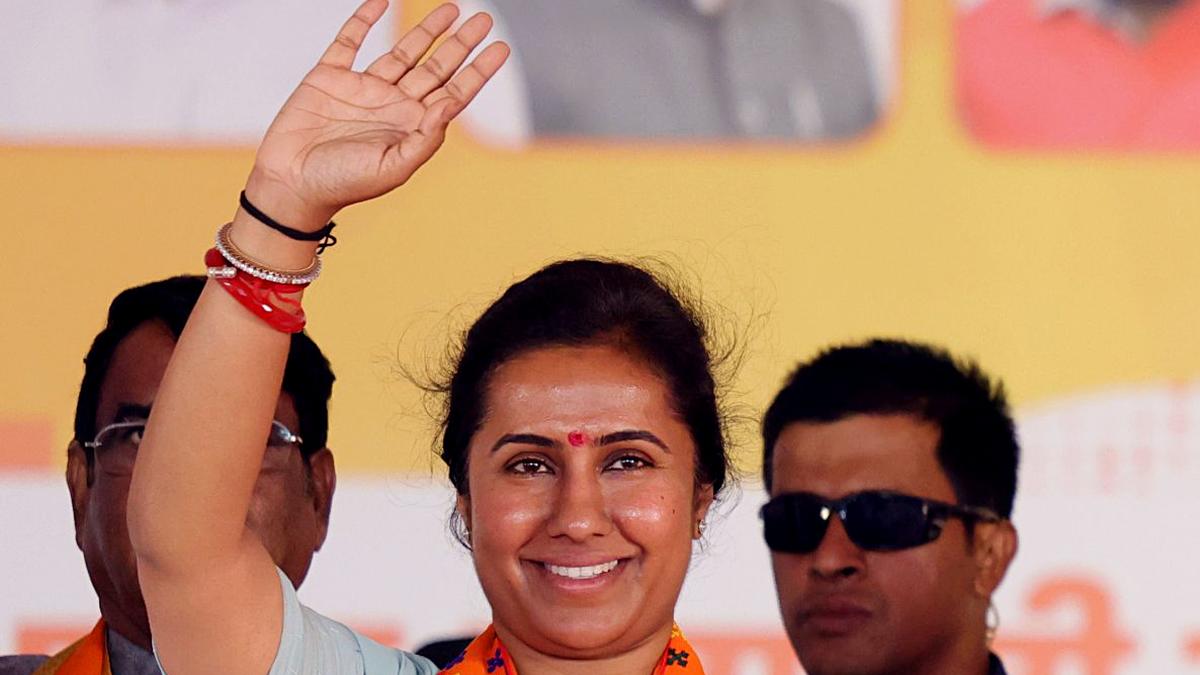Now Reading: Congress Criticizes Modi Govt Over Galwan Standoff After SC Rebukes Rahul Gandhi
-
01
Congress Criticizes Modi Govt Over Galwan Standoff After SC Rebukes Rahul Gandhi
Congress Criticizes Modi Govt Over Galwan Standoff After SC Rebukes Rahul Gandhi

Swift Summary
- Congress Criticism: Congress leader Jairam Ramesh accused the Modi government of obscuring facts about the 2020 Galwan standoff with China, calling its approach “DDLJ – deny, distract, lie, and justify.”
- Galwan Incident Context: The 2020 clash resulted in the martyrdom of 20 Indian soldiers.
- Questions Raised: Ramesh questioned Chinese control over areas in eastern ladakh and India’s restricted patrol access due to buffer zones within claimed indian territory. He also asked about trade dependence and record trade deficits between India and China ($99.2 billion in 2024-25).
- Economic Dependence on China: Key sectors like electronics,telecoms,and pharmaceuticals were highlighted as critically reliant on Chinese imports.
- Allegations on ‘Normalisation’: Ramesh accused the government of normalizing relations with China despite its military cooperation with Pakistan during Operation Sindoor.
- Supreme Court’s Intervention: Amid these critiques, Rahul Gandhi faced censure from the Supreme Court for alleged remarks about India’s territorial loss but was granted a stay on defamation proceedings initiated against him.
Indian Opinion Analysis
The congress criticism framing India’s engagement with China as misguided brings into focus questions about national security strategy amidst territorial disputes. With concerns regarding restricted patrols post-Galwan standoff still being debated publicly, it highlights the complexities surrounding India’s border negotiations and military posture since April 2020.The claim regarding economic dependency reflects broader geopolitical challenges where bilateral trade continues to grow despite political tensions. While accusations of “normalization” might potentially be rooted in policy disagreements between political parties, questions around balancing strategic autonomy versus economic interdependence merit deeper examination.
On matters of national discourse thru judiciary scrutiny (e.g., Rahul Gandhi’s remarks), public narratives must rely on verified material to avoid undermining institutional credibility during sensitive geopolitical discussions.
For more: Read Here























